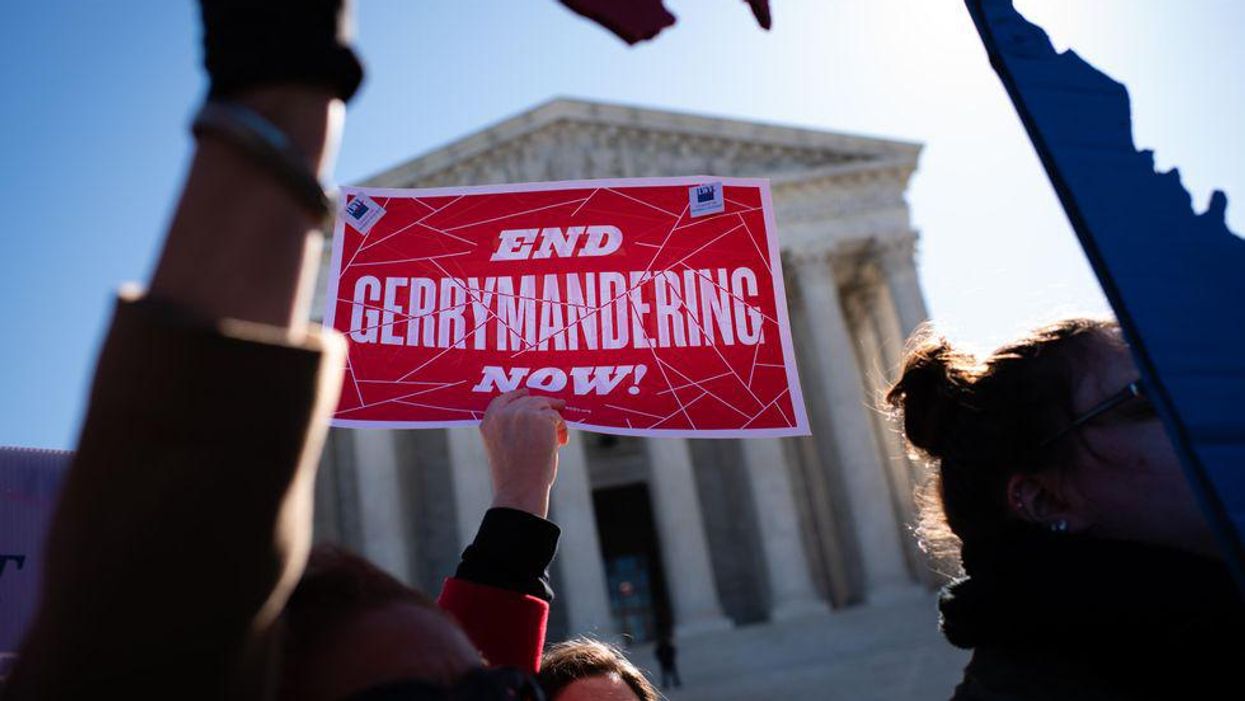As American politics has become more divisive over the past few decades, the country has also become more racially segregated.
More than 80 percent of the large metropolitan areas in the United States were more segregated in 2019 than they were in 1990, according to a new study by the University of California at Berkeley's Othering & Belonging Institute. Released last week, "The Roots of Structural Racism: Twenty-First Century Racial Residential Segregation in the United States" found that this increased segregation has contributed to poorer life outcomes, especially for people of color.
Areas with more racial segregation also had higher levels of political polarization, the study found. These divisions could play a huge role in how severe this round of gerrymandering is as states will soon redraw election maps for the new decade.
The Othering & Belonging Institute's study refutes the prevailing perception that the United States has become more integrated since the civil rights era. While metropolitan areas overall have become more diverse over the years, the neighborhoods within them are now highly segregated.
This racial residential segregation, the study found, will likely make it easier for politicians to use gerrymandering techniques like "packing" and "cracking" to draw election districts to their party's advantage.
The Voting Rights Act of 1965 made it illegal for states to draw maps in ways that dilute the voting power of protected minority communities. And in 2019, the Supreme Court ruled that the constitutionality of partisan gerrymandering was an issue best litigated in state courts.
While racial gerrymandering remains unconstitutional, it can still occur when it becomes conflated with partisan gerrymandering, said Stephen Menendian, the study's lead researcher of the study and assistant director of the institute.
"Regions and states that have a lot of racial residential segregation make it much easier for state legislatures to draw boundaries in ways that are ostensibly political gerrymanders but actually racial gerrymanders," he said.
For instance, Menendian said, the state legislators in charge of mapmaking can make assumptions about which political party will draw voters from people of certain races, and then draw district lines accordingly.
Severe partisan gerrymandering leads to a disparity in political representation. One party may receive a majority of the votes in an election, but end up as the minority in the state legislature or Congress because of map manipulation. And this issue has only become more acute with modern technology.
"In 1890 you didn't have a computer that allowed you to generate literally thousands of scenarios in a minute, and then select the most fine point scenario that allowed you to maximize your political advantage," Menendian said. "It's basically politicians selecting voters, rather than the other way around."
Gerrymandering has larger implications on policies, including those related to ballot access, that are enacted at the state and federal levels. To make the mapmaking process more fair and representative, some states have adopted independent or hybrid commissions. However, politicians still have control over a majority of the state legislative and congressional maps.




















Marco Rubio is the only adult left in the room